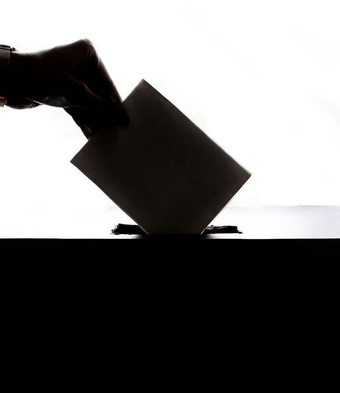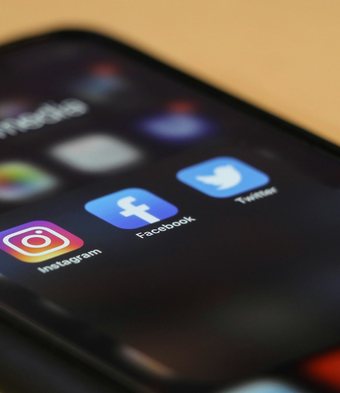It’s time to confront porn’s harms
Politicians have a moral duty to tackle the harms of pornography and protect the vulnerable, writes Louise Davies, CARE's Director of Advocacy and Policy
The government has launched a call for evidence on the impact of pornography, as part of wider review of the porn industry. A public questionnaire, open until 7 March, asks about porn’s impact on relationships, sexual behaviours, mental health and attitudes towards women and girls. For campaigners working in this area, it’s encouraging to see this. Public awareness of porn’s dangers has not always been matched within politics, where momentum for change has been more glacial.
It is clear that the impact of pornography in society is greatly concerning to the British public. In our work on this issue over a number of years, we have seen growing concern among adults, particularly with regard to porn’s impact on vulnerable groups. This has been matched in expert advocacy by groups representing children and women and girls. A Savanta poll of more than 2,000 UK adults for CARE found that 8 in 10 people think age checks should be introduced to protect children. The same proportion of respondents said that access to pornography should only, ever be for over-18s.
A separate poll commissioned by CARE found that a significant 6 in 10 UK adults fear porn is inspiring sexual violence against women and girls. Female respondents were more concerned that porn is motivating sexual violence (7 in 10) than male respondents (5 in 10). However, both sexes strongly agreed on the need for tougher curbs on porn sites (8 in 10 and 7 in 10 respectively).
Fears about the links between violent pornography and sexual crime have spiked in recent years in the wake of tragic cases like that of Sarah Everard, whose killer was obsessed with 'rape porn'. A growing body of evidence from front line workers helping victims of sexual crime, educationalists and members of the judiciary also points to a link between consumption of extreme pornography and sexual crime. The public have long been alive to this link – especially parents.
A 2016 report by the Women and Equalities Committee highlighted concern among experts that porn is motivating sexual violence in schools. The report noted that: “The link between pornography and sexual violence was a consistent theme amongst expert witnesses…significant qualitative evidence suggests that increasing access to pornography and technological advances, including online platforms, can facilitate harassment and violence and thus exacerbate the problem”.
In the years since, schools’ regulator Ofsted has warned that sexual harassment is now “normalised” among young people. Initiatives like ‘Everyone’s Invited’ have provided shocking anecdotal evidence. And organisations such as Fight the New Drug have established an “ever-growing database” of research on the harmful effects of pornography. We have moved far beyond arguing about whether porn is harmful – it is. The question is how we address these harms in law, and wider culture.
The government has committed to reviewing gaps in the law and it is clear that parity is not being achieved in offline and online regulation. At present, mainstream porn sites can host material that would be illegal in the offline world. There are no rules requiring participants’ age and consent to be verified. And there is no mechanism for individuals who have had content shared illegally to get it taken down. Mainstream sites are awash with unlawful and deeply disturbing content.
There are also huge fears relating to artificial intelligence, which must urgently be considered. Particularly regarding deepfake pornography and AI-generated child abuse material. Beyond the legislative sphere, there are important questions for education. Whilst positive strides have been made to educate children and young people about porn’s impact, boys in particular are more susceptible to the education they are receiving online, on hardcore pornography sites.
It has taken years for all of these issues to gain prominence, and it is good to see that they are now at the centre of political discussions at Westminster. It now falls to political leaders to keep up momentum for change. The pornography industry cannot be allowed to act with impunity anymore. It’s time to confront the harm porn is doing, and act in defence of the vulnerable.






